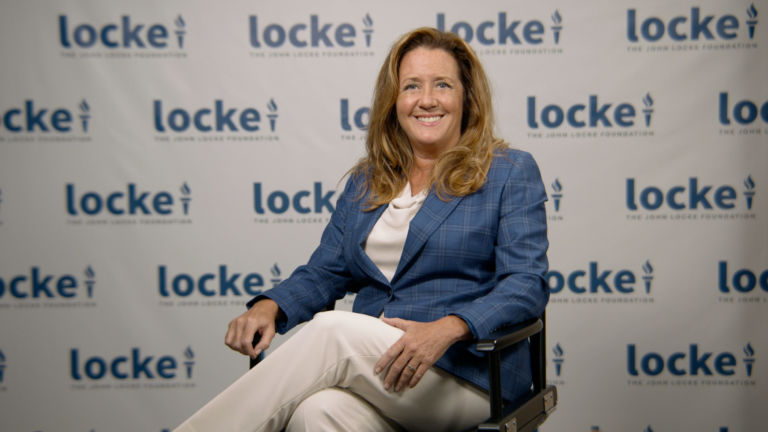This week, JLF’s Mike Schietzelt published a research brief that ponders the origins of three criminalized behaviors in North Carolina’s criminal code.
First, Schietzelt introduces G.S. 14-83.1. Fixtures subject to larceny. The statute reads:
“Any person who shall remove or take and carry away . . . any property that is affixed to real property, with the intent to steal the property, shall be guilty of larceny and shall be punished as provided by statute.”
Schietzelt explains that the common law definition of “larceny” in North Carolina only applies to personal property, so, since these fixtures (e.g. ceiling fans, TV mounts, etc.) are treated as real property, they needed a special protection. Schietzelt notes, however:
[T]his section only became law in 2008. For more than two centuries, presumably it was not larceny for someone to make off with your laminate flooring. But this never required a legislative fix. What happened around 2008 that caught the attention of the legislature? Was there a wall sconce theft epidemic? A series of unfortunate shelving heists?
The second law (or, rather, laws) Schietzelt questions is G.S. 14-111.1and G.S. 14-111.2. Obtaining ambulance services without intending to pay therefor.
G.S. 14-111.1 states: “Any person who with the intent to defraud shall obtain ambulance services for himself or other persons without intending at the time of obtaining such services to pay a reasonable charge therefor, shall be guilty of a Class 2 misdemeanor.”
G.S. 14-111.2 reads similarly: “Any person who with intent to defraud shall obtain ambulance services without intending at the time of obtaining such services to pay, if financially able, any reasonable charges therefor shall be guilty of a Class 2 misdemeanor.” (Emphasis added.)
So the first prohibits obtaining ambulance services without intending to pay. The second prohibits obtaining ambulance services without intending to pay if you’re financially able to pay. But the penalty is the same.
Curiously, Schietzelt points out G.S. 14-111.1 only applies in three counties, but G.S. 14-111.2 applies in 51 counties. Even more curious, Haywood county adopted both of these provisions.
The last law Schietzelt has questions about is G.S. 14-33(b)(9). Assault and battery against a sports official.
Simple assault and battery is a class 2 misdemeanor in North Carolina. Unless, of course, you’re attacking a referee during a game.
Subdivision (b)(9) of this statute makes it a more serious class 1 misdemeanor if a person “[c]ommits an assault and battery against a sports official when the sports official is discharging or attempting to discharge official duties at a sports event, or immediately after the sports event at which the sports official discharged official duties.”
Schietzelt questions what makes the assault specifically of a sports official any worse than another assault:
The problem, of course, is that these more specific crimes unnecessarily lengthen the criminal code, while creating unjustified disparities in punishments. What makes assaulting a high school football coach worse than assaulting a grocery store clerk? Most of the time, probably nothing. So why treat it more harshly?
Read the full piece here. Watch Schietzelt’s breakdown of the most recent developments in the criminal code here.


